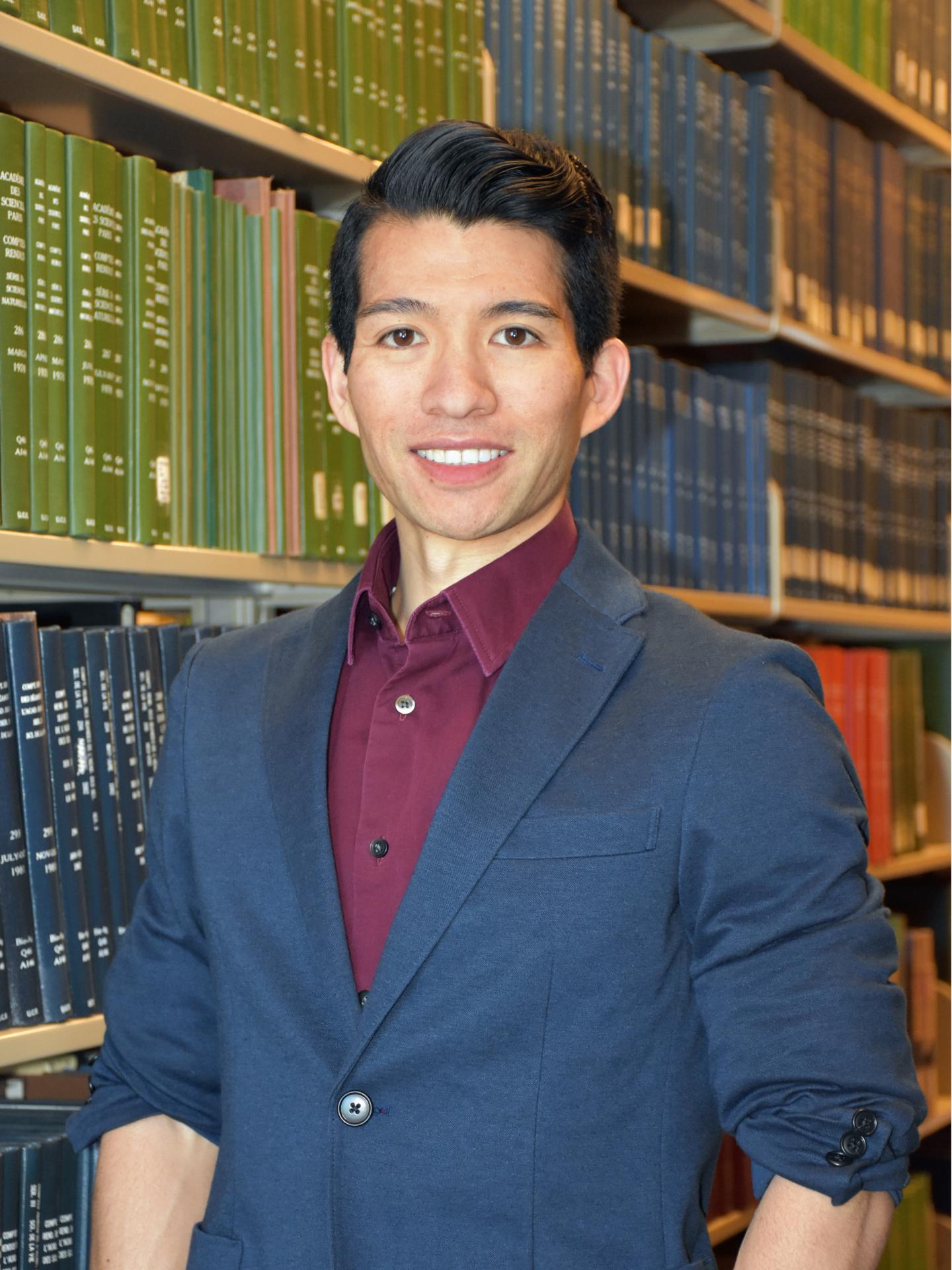UC Riverside-led study calls for culturally tailored approaches to encourage this neglected population to seek behavioral health treatment

Credit: UCR School of Medicine.
RIVERSIDE, Calif. — Pacific Islander young adults in the United States have an extremely high level of hazardous drinking and potential alcohol-use disorders, a study led by a health disparities researcher at the University of California, Riverside, has found.
The study, published in the American Journal of Orthopsychiatry, found 56% of Pacific Islander young adults screened positive for hazardous drinking, a level that places people at heavy risk for accidents, drunk driving, and serious social and health problems. Similarly, 49% of young adults screened positive for active alcohol-use disorders, or AUD, more than eight times the national AUD rate.
The study is the first and largest alcohol study of community Pacific Islander young adults in the U.S.
“To our knowledge, we are the first to investigate and detail the scope of community alcohol use and associated harms affecting adults of this understudied U.S. racial group,” said Andrew Subica, an assistant professor of social medicine, population, and public health in the UCR School of Medicine, who led the study. “Pacific Islanders have been exposed to extensive U.S. colonization and historical trauma and have been warning people for years about the severe levels of alcohol-use problems and need for treatment in their communities, especially among young adults. Yet, young adults in these communities, who are at highest risk for AUD and harms in the general population, had not been studied in an empirical fashion.”
Subica and his team collected survey data from 156 Pacific Islander young adults aged 18 to 30 living in Los Angeles County and Northwest Arkansas. Forty percent of the survey participants reported experiencing alcohol-related harm, far exceeding the 4-9% rate found in other populations. Additionally, 52% and 49% of participants reported using cigarettes and marijuana, respectively, with 47% of participants reporting dual alcohol-cigarette use and 30% of participants reporting lifetime alcohol-cigarette-marijuana use.
“These are concerning rates of cigarette and marijuana use for any population, and the rate of comorbidity with alcohol use is of special public health concern,” Subica said.
Subica added that while almost half of Pacific Islander young adults screened positive for active AUD, only one quarter perceived a need for substance-use treatment.
“Further analyses suggested culturally sensitive interventions are needed to reduce untreated AUDs in this group, not so much by highlighting a person’s addictive behaviors, but by raising awareness of how their alcohol use is harming the person socially, physically, and economically,” he said.
Subica’s team relied on a close partnership with two leading Pacific Islander community organizations in Los Angeles and Arkansas, the Office of Samoan Affairs and the Arkansas Coalition of Marshallese, who will now partner with Subica to create and test interventions to prevent AUDs in their communities.
“Now that we’ve demonstrated that a major problem exists, we are starting to design culturally tailored interventions that could help these communities suffering excessive alcohol use and alcohol-related harms,” Subica said. “These harms are especially important to prevent because they greatly affect the health of a community by causing accidents, drunk driving, increased public violence and property damage, family problems, and increased risk for chronic diseases such as heart disease and cancer.”
###
Subica was joined in the study by Drs. Howard Moss of UCR; Nia Aitaoto of the University of Utah; Erick Guerrero of the I-Lead Institute in Los Angeles; Derek Iwamoto of the University of Maryland; and Li-Tzy Wu of Duke University.
The study was supported by a grant from the National Institute of Alcohol Abuse and Alcoholism of the National Institutes of Health.
The paper is titled “Hazardous Drinking, Alcohol Use Disorders, and Need for Treatment among Pacific Islander Young Adults.”
The University of California, Riverside (http://www.
Media Contact
Iqbal Pittalwala
[email protected]
Related Journal Article
http://dx.





